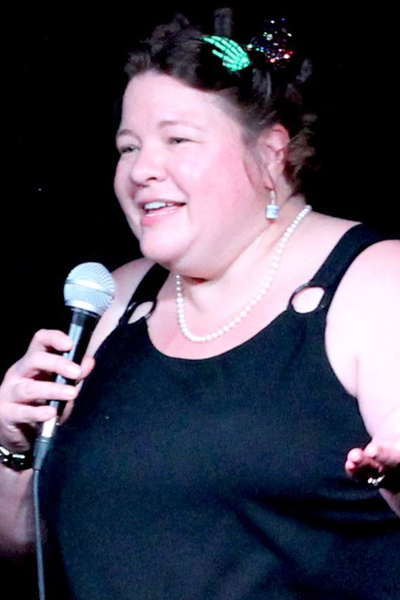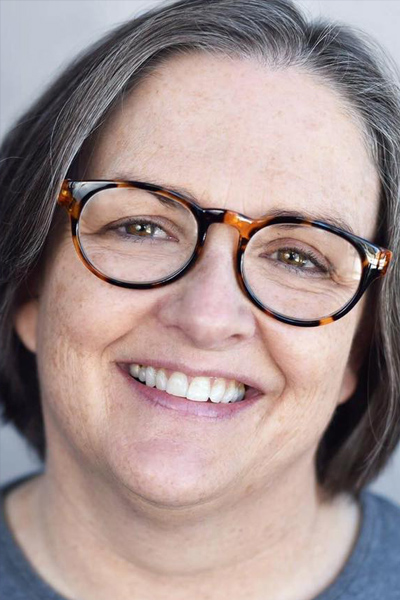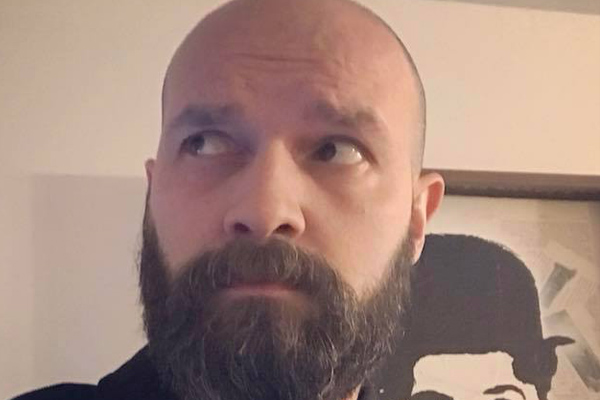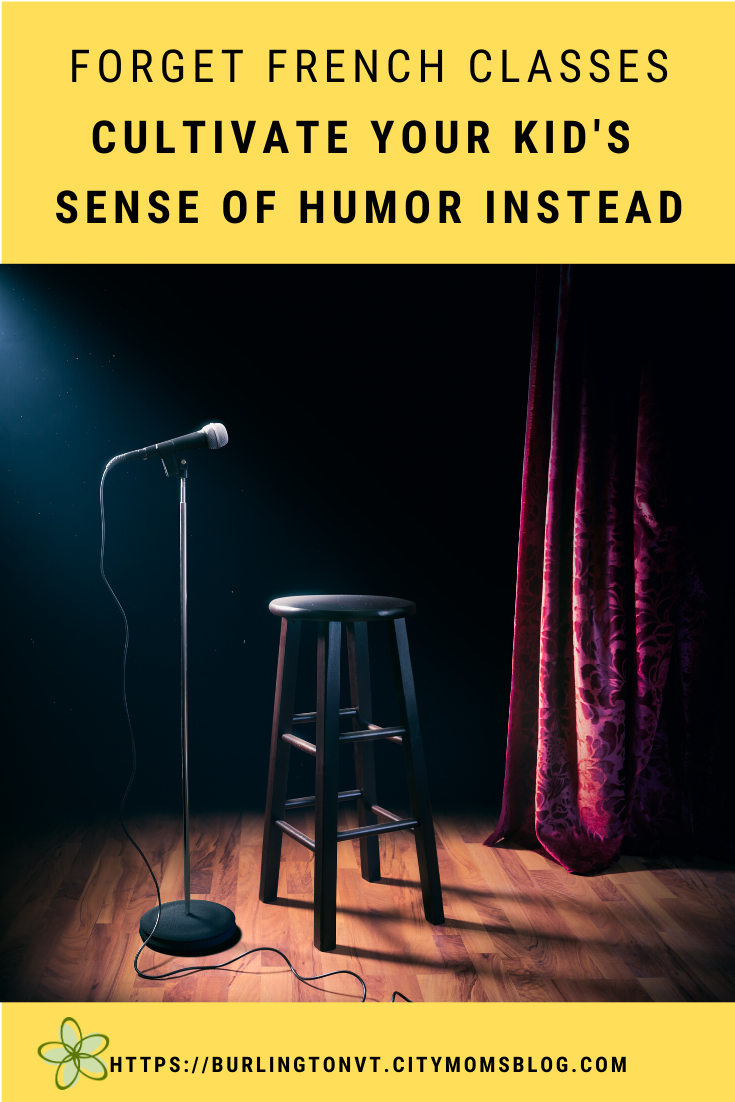You might not read this in any parenting book, but if I were to write one (God help anyone who would pay money for that) I would start with a chapter about humor. I would tell all prospective parents to forget fancy extra-curriculars, and to cultivate your kid’s sense of humor instead.
Humor would be talked about from the first prenatal visit until the moment you are handed that baby in the hospital. Nurses and doctors would have a checklist:
- Can you laugh at yourself?
- Can you make a joke about the most stressful situations?
- How do you feel about poop, do you think it’s funny? In physical form and verbal? If you can’t, try to get good at it now, because it’s going to be a lifesaver for you and your family.
And if you still want to enroll them in French class, go ahead, just make sure they learn a few jokes in the language when you do.
Comedy was a lifesaver for me when I was growing up and is again now that I am a parent, both figuratively and literally.
My sense of humor was what guided me through social awkwardness as a child and has continued to guide me as an adult. It has been the saving grace of getting me through tough times as a parent, i.e. days of endless tantrums, tears, and pants peeing… from all parties involved. If you can make light of a dark day in parenting, you’re golden. Every day that my kids see me laughing at problems instead of succumbing to them shows them that they too have the choice of how they are affected by adversity.
A few years ago, comedy saved my life.
I had reached a breaking point feeling like I was losing my identity to parenting. My depression was on full tilt. I had tried stand-up comedy once and the experience, although rough, hadn’t scared me away from trying it again. I loved performing before having kids so I decided to make it a regular part of my life in 2018.
Ever since then, I have begun to reclaim my self that exists beyond parenting and I’ve made some amazing connections and friendships throughout the Vermont comedy community.
But still, I wonder: how does a sense of humor affect a child’s resilience and happiness? Does a “funny” household help to foster that resilience? I asked my comedian friends how humor influenced their mental health and how they approach life’s challenges:
I remember developing a sense of humor pretty early on. Being funny was like a hobby. If I could get someone to laugh, particularly an adult, it was a great achievement. It was how I proved myself to adults and how I got them to listen. -Tina Friml, 2018 Winner of Vermont’s Funniest Comedian

“When I was 12, my grandfather moved in with us for the last four years of his life until he was 92. He had dementia, and it wasn’t always easy, especially towards the end. I specifically remember once he tried to eat a paper towel thinking it was cake, him forgetting names, and him putting OJ in his cereal (more than once). Another time, when I was around 15, I invited friends over and when they walked in the door, he took his pants off in the kitchen thinking he was in the bathroom. I definitely learned my sense of humor from my mom, and I remember her taking everything — including the awkward, challenging moments like these where things could have been sad or hard — in stride and having a sense of humor about it definitely made everything easier to deal with.” – Katie Hodges

“I would say that I grew up in a funny household. It made communication easier and less scary, especially growing up. And especially with taboo topics such as talking about sex or relationships or troubles with friends. Having humor growing up just made everyday communication much easier and also made us enjoy our time together as a family. So many memories of us eating dinner as a family and just laughing at our own inside jokes. It made family time more special.” – Jenna Emerson, creator of “Sex with Jenna.”

My mom is a bipolar kid-at-heart with a penchant for entertaining. Her message to us kids growing up was, “Life is hard and you can either laugh or cry… I’d rather laugh any day!” My dad is a sarcastic macho prankster whose life motto was, “Get away with everything you possibly can!” As I grew into my own sense of humor, it helped me to push past the unpleasantries of life. I wasn’t interested in the drama at school dances or torrid love affairs at recess. If someone didn’t like me, I didn’t care; I only had time for people who liked me, even if it was only myself sometimes. In grade school, a boy sent me a note that read, “I hat you.” I added the ‘e’ he’d meant for me, folded it up, and sent it back. I didn’t have time for negativity and also didn’t need much time to forgive and forget and get on with having fun. I totally factored humor into how I raised my kiddo. I tried to ingrain it so deep that no matter how hard she fell in life, no matter how much pain she came up against, that little laughter life jacket was there. When she was done feeling sad or angry, laughter would always be waiting there for her. – Melyssa Ardell, Boom City Improv and stand up comedian

“My family does joke around quite a bit, but I never considered our household to be super funny. If anything, it was dark. Early on, I had to deal with things like divorce, death, and a literal lack of light because I grew up in VT. But my family often uses humor to deal with dark things, and that trend has continued in my life. When I was growing up, the lightest moments I can remember are times I spent laughing with friends and family. In middle and high school, I was crazy depressed and didn’t know what (depression) was or how to talk about it. As a result, I would make snarky remarks about everything, like a typical insufferable teen. Sometimes, they ended up being funny, and, for just a moment, my depression would lift. (Now that I am) in my thirties, I find myself surrounded by friends and family who are willing to laugh with me at some of the darkest stuff life can throw at you.” – Lindsey Haddad, Vermont’s Funniest Comedian Finalist, Host/Producer of Laugh Shack at Lincoln’s

“I wasn’t a good athlete or much of a people person, and humor helped me find my place in child society. By being self deprecating I could disarm bullies, and being funny made it so that I could easily be accepted to the fringes of many cliques and groups, even if I wasn’t in the inner circle, and being a bit of an outsider allowed me to see things differently, which allowed me to make observations, which made me funnier which reinforced the cycle.” – Owen Foley

I’m adopted and nobody in my family is related. People ask me ‘was your whole family funny?’ Nobody in my family was funny, but they did laugh at me. We would all laugh at the Carol Burnett Show. My dad really responded to physical humor and Tim Conway and Harvey Korman would bring him to tears. He was a pretty serious guy, mostly grouchy, but to watch him sob laughing at the Pink Panther was always fun. – Kathleen Kanz, previous winner of Vermont’s Funniest Comedian Award

“Humor for me was and continues to be a shield. I had a fairly tragic childhood in most respects and I learned to be funny early. It saved my life as a kid literally and figuratively. I’ve been on my own since I was 13. Being a funny person always made me feel valued as a kid when I was told or shown otherwise. It gave me a place in society that I always felt like I was on the outside of. If you’re funny, a lot of the time, you get invited in, however briefly. You get to feel like you belong to something.” – Daniel Trigg, member, member Revelry Theater Board of Directors

“I grew up watching Richard Pryor and Eddie Murphy. My sense of humor I’d have to credit to my foster mother, Jean Fulcher. She always seemed to use humor to get through everything. Comedy has to factor into my parenting. Where do you think my inspiration partially comes from? Parenthood and mental illness.” – Omega Jade, comedian and hip hop artist

The person that can make me laugh the hardest and who I enjoy laughing with the most is my sister. I think early on we saw humor as a way to cope with some of the darkness in life. As I grew up and became a social worker, I’ve always found a way to incorporate humor into my work. I think it helps break tension, deal with darkness and just find moments of shared joy in a life that can often be marked by struggle or suffering. – Corey Richardson, Vermont’s Funniest Comedian finalist

You don’t even have to read closely to see that the common factor with fostering humor in your life is the resilience. With humor, we give ourselves resilience and teach our children resilience. Laughter is and should be a huge part of life. It needs to be fostered in our homes even before discipline, manners, and respect for each other. Humor needs to be included in these core family values.
As parents, we are told that not having participation awards is a good thing. It teaches our children that sometimes you win and sometimes you lose. It teaches them to be stronger is what we’re told. But what do we do with those emotions when we lose or something doesn’t turn out the way we had thought. We’ve learned that yes, it happens, but we can’t stop there. We have to teach our kids how to deal with those huge emotions in a positive way. What is more positive then laughter?
Life gets hard and tense.
I am happy to be raising my children in an age where talking about emotions is becoming a norm. My children are being taught yoga in school to handle anxiety and help with self-regulation. These are things I wish I had been taught. But the one thing I was taught early on, is laughter matters. The ability to laugh at myself and to share humor with others matters and is just as useful to help with anxiety and self-regulation as ocean breathing.
Parents, please give comedy a chance to take hold in your household. Don’t be so quick to shut down the things your child finds funny. They’re simply trying to connect the dots of who they are and what their sense of humor can do. Make it a good thing.









